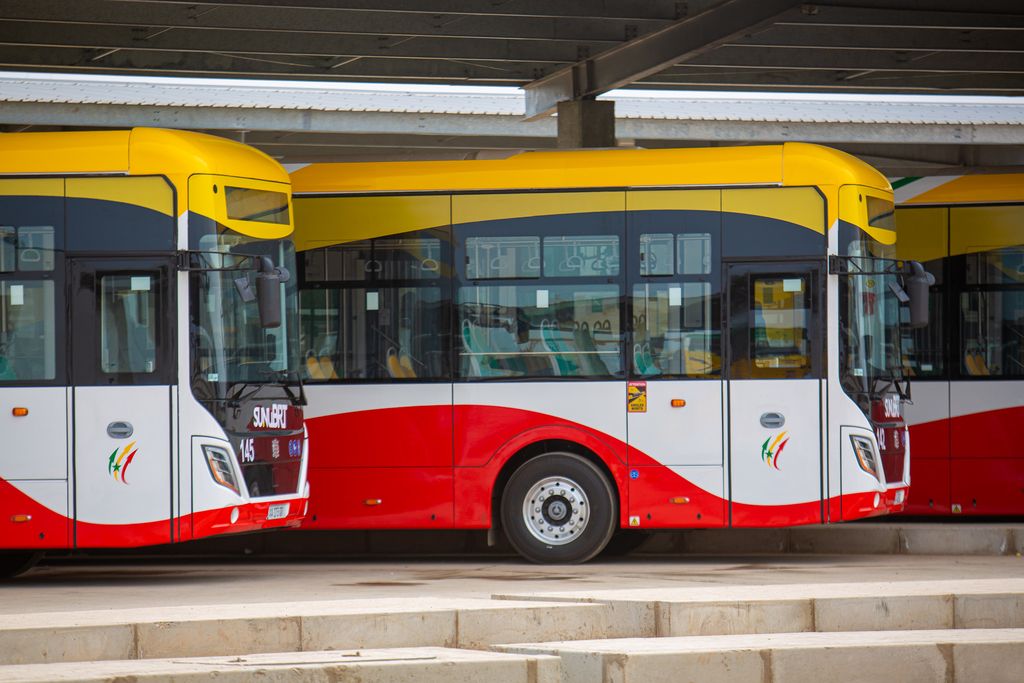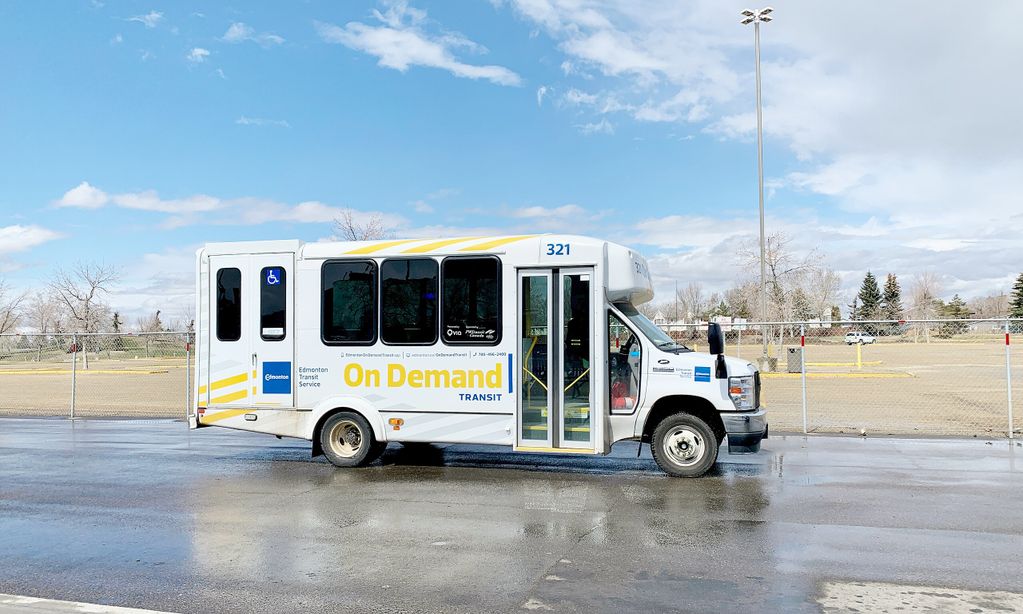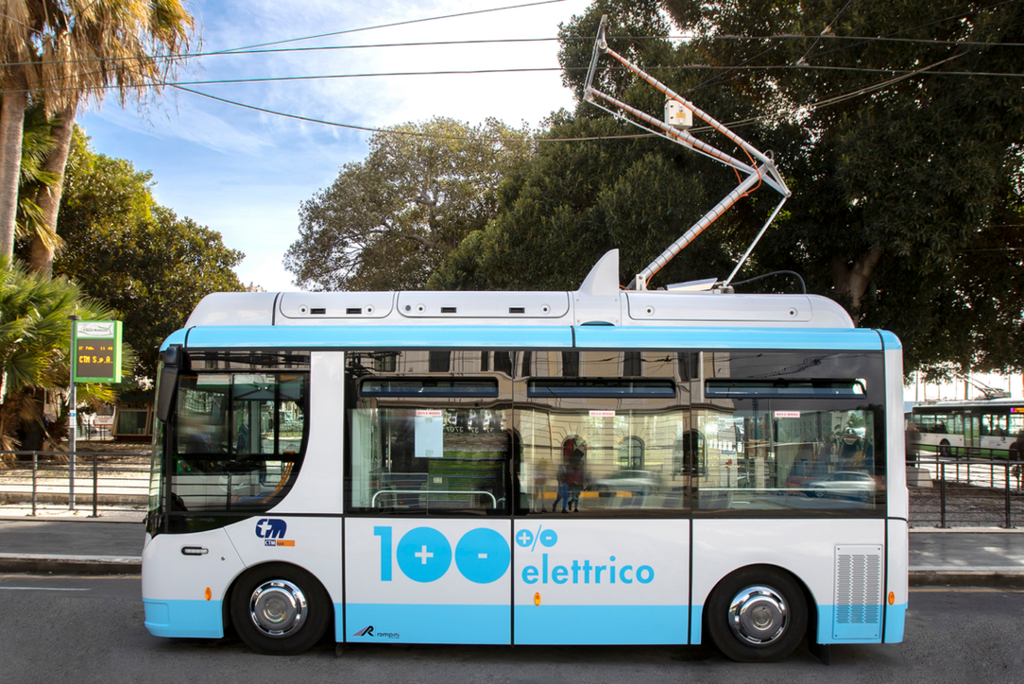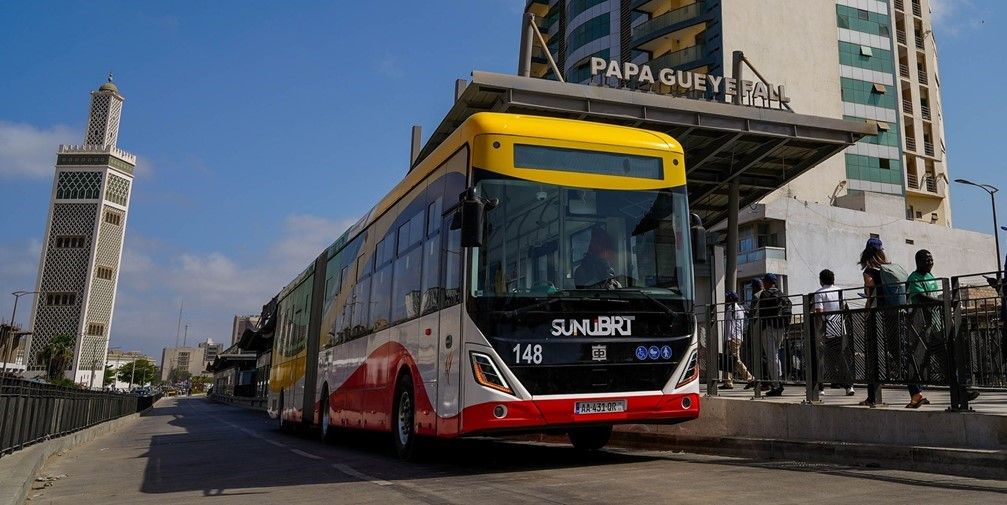Strategies for deploying zero-emission bus fleets: Route-level energy consumption and driving range analysis
Today, the vast majority of transit buses operating in cities are powered with internal combustion engines (ICEs). They mostly burn diesel or compressed natural gas (CNG) and can be a significant source of air pollutant emissions. These emissions are harmful to human health and are of greatest concern when they occur in close proximity to populations, for example at stops or stations with high levels of bus activity. The risks are especially potent for cities operating older fleets or that are located in regions without stringent air pollutant emission standards for heavy-duty engines.
In recent years, battery electric buses have emerged as a viable option for public transit operators and authorities seeking to improve the environmental performance of their fleets. These buses have zero tailpipe emissions of harmful air pollutants. Furthermore, when charged using low-carbon electricity sources, electric buses can deliver deep fuel life-cycle greenhouse gas (GHG) emissions reductions relative to conventional diesel and CNG buses. Even in areas with relatively carbon-intense electricity grids, electric buses can still have lower GHG emissions on a life-cycle basis than conventional diesel and CNG buses.
This paper is the second in a series describing the development of tools and methods to perform route-level analysis to support electric bus deployments. The goal of this work is to develop and apply analytical tools to support the decision-making of transit bus operators pursuing transitions to zero-emission bus fleets and to identify the leastcost approaches for widespread procurement and deployment of these technologies. The first paper presented methods for using real-world operational data from existing fleets to develop representative drive cycles for individual routes.











